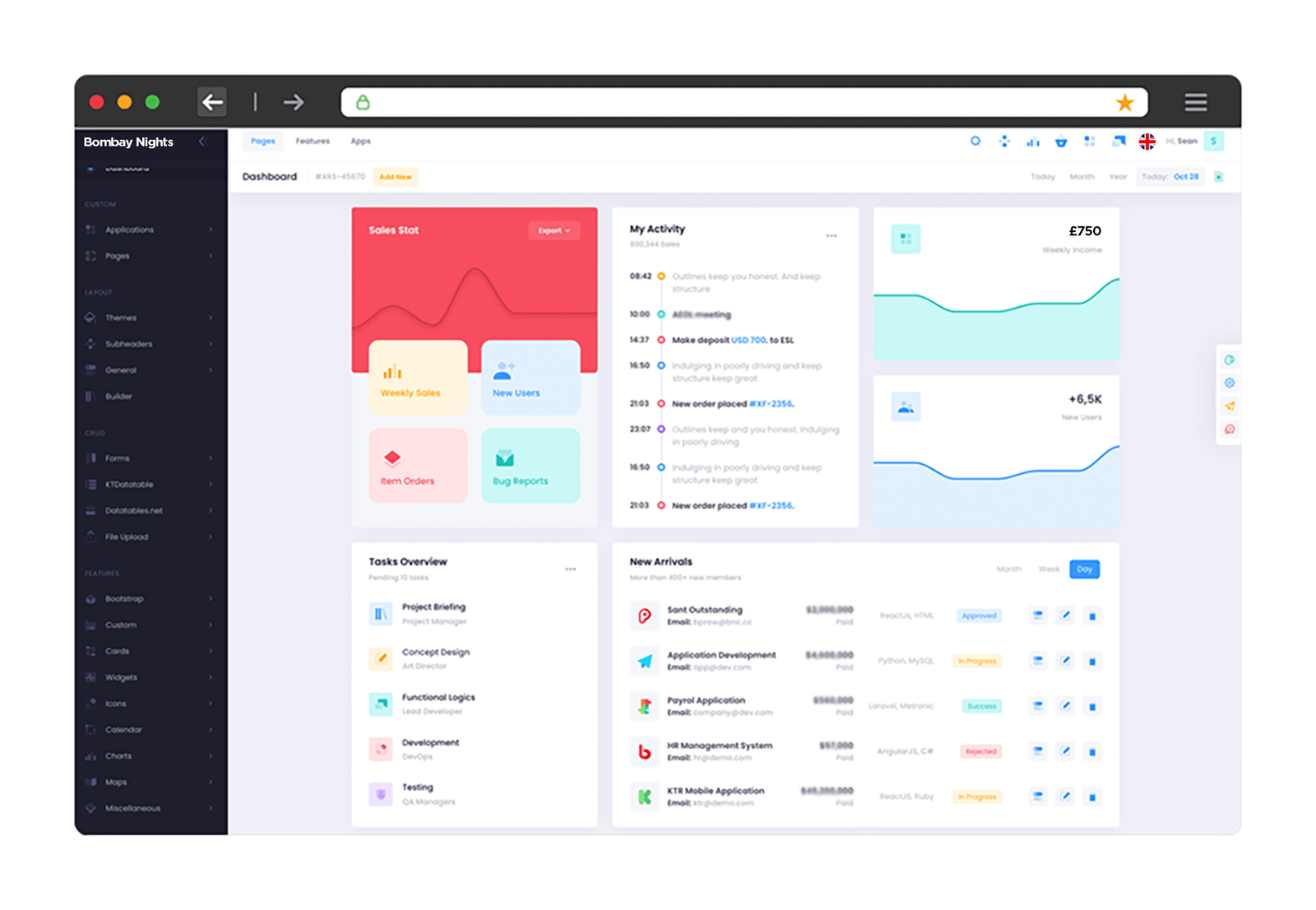In a world that moves faster every day, recovery has become more important than ever. Whether you’re an athlete pushing your limits, a patient healing after surgery, or simply someone overcoming fatigue, recovery isn’t just about rest it’s a deeply biological process. Beneath the surface of our skin, a series of invisible yet powerful mechanisms are constantly at work to repair tissues, restore energy, and protect us from long-term damage. Understanding these hidden biological secrets can help you speed up recovery naturally and efficiently.
1. The Cellular Repair Factory: How Your Cells Heal You
Every time your body faces physical stress, whether from a workout, illness, or injury, your cells immediately enter repair mode. At the heart of this process are mitochondria, often called the “powerhouses” of the cell. They produce the energy (ATP) needed for rebuilding damaged tissues.
When the body lacks essential nutrients such as proteins, amino acids, and antioxidants, mitochondrial performance drops. This can delay healing and make fatigue more persistent. That’s why post-recovery nutrition plays a crucial role: consuming protein-rich foods, omega-3 fatty acids, and antioxidants from fruits and vegetables helps energize cellular activity and rebuild muscle fibers faster.
In other words, recovery starts not with your muscles or your mind but with your cells.
2. The Role of Blood Flow in Regeneration
Good circulation isn’t just about cardiovascular health it’s the secret to faster healing. Your blood is the ultimate delivery system for oxygen, hormones, and nutrients. After stress or injury, the body increases blood flow to affected areas, bringing in white blood cells to fight inflammation and platelets to start tissue repair.
However, if your blood health is poor due to dehydration, poor nutrition, or underlying medical issues, your recovery will suffer. Iron deficiency, low hemoglobin, or poor blood oxygen levels can significantly slow tissue regeneration.
That’s why regular blood tests are essential. They help detect nutrient imbalances and ensure your body’s internal repair systems are functioning at their best. A simple Complete Blood Count (CBC) or Iron profile test can reveal whether your blood is supporting your recovery or silently holding it back.
3. Inflammation: The Body’s Double-Edged Sword
Inflammation has a bad reputation, but it’s actually one of the body’s most important defense tools. When you get injured or overexert your muscles, your immune system triggers inflammation to protect the damaged area and signal for healing cells to arrive.
The problem arises when inflammation becomes chronic lingering for too long due to stress, lack of sleep, or poor diet. Chronic inflammation leads to muscle soreness, fatigue, and even long-term tissue damage.
To speed recovery, the goal isn’t to completely stop inflammation but to balance it. Anti-inflammatory foods like turmeric, green tea, fatty fish, and leafy greens help your body heal without suppressing its natural defense mechanisms. Likewise, sufficient hydration helps flush out inflammatory molecules faster.
4. Sleep: The Unsung Healer
Sleep is more than rest, it’s biological recovery in motion. During deep sleep, your body releases growth hormone, a powerful substance that repairs muscles, strengthens bones, and regenerates tissues. It also boosts immune function and balances the stress hormone cortisol, which can otherwise slow recovery.
Lack of sleep disrupts this cycle, leaving your body in a constant state of stress and preventing complete healing. Studies show that athletes who sleep less than seven hours per night have significantly slower muscle recovery rates and are more prone to injuries.
Creating a consistent sleep schedule, avoiding screens before bed, and maintaining a dark, cool sleeping environment can enhance your body’s natural recovery rhythm.
5. Hormones and the Recovery Connection
Your hormones quietly orchestrate nearly every aspect of healing. After physical strain, your body increases the production of testosterone, insulin-like growth factor (IGF-1), and growth hormone all essential for tissue repair and muscle rebuilding.
On the flip side, chronic stress floods your body with cortisol, which can break down muscle tissue and slow recovery. This hormonal imbalance often happens in people who overtrain, skip rest days, or live under constant psychological stress.
Supporting your hormonal health through adequate rest, balanced nutrition, and stress management is one of the most underrated secrets to faster recovery.
6. Gut Health: The Unexpected Recovery Partner
Your gut does more than digest food it’s where much of your immune system resides. A healthy gut microbiome helps reduce inflammation, improves nutrient absorption, and supports muscle recovery.
If your gut flora is imbalanced due to poor diet or antibiotic use, it can affect how efficiently your body heals. Including probiotic-rich foods such as yogurt, kefir, or fermented vegetables helps restore gut balance and strengthens your immune system indirectly enhancing your recovery speed.
7. The Power of Oxygen and Hydration
Oxygen is life and it’s also one of the most important recovery tools. Your cells need oxygen to create energy for healing. Practices like deep breathing exercises, moderate cardiovascular activity, or even oxygen therapy can improve tissue oxygenation and accelerate recovery.
Meanwhile, hydration ensures that nutrients reach your cells efficiently and waste products are flushed out. Even mild dehydration can delay recovery and increase fatigue. Drinking adequate water, especially after exercise or illness, keeps your cells active and ready to repair.
8. Personalized Recovery: Listening to Your Biology
The truth is, recovery isn’t one-size-fits-all. Everyone’s biology is unique. Some recover quickly due to genetics, while others need more time and support. That’s why personalized health insights through blood tests, hormone analysis, and nutrient profiling are invaluable.
By understanding your biological markers, you can tailor your diet, supplements, and lifestyle to fit your body’s exact needs. Instead of guessing what works, you’ll be working with your biology, not against it.
Monitor your blood health today at Ayzal Laboratory
Conclusion: Recovery Is a Science, Not a Mystery
Faster recovery isn’t a matter of luck or willpower it’s biology at work. From blood flow to hormones, from mitochondria to the microbiome, every system in your body contributes to how quickly you bounce back.
By nurturing these hidden biological systems with proper nutrition, rest, and regular health monitoring, you give your body the tools it needs to heal itself efficiently. The secret to faster recovery has always been inside you it’s just time to understand how it works.




Leave a Reply